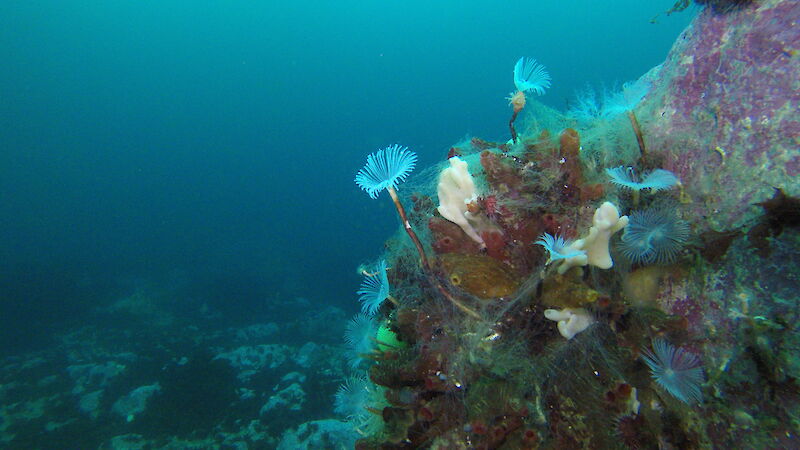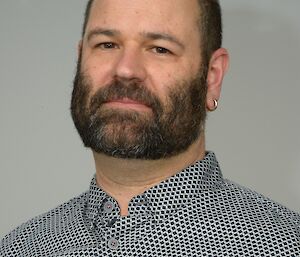For the first time, an Australian scientist has been elected Chair of the Scientific Committee of the Commission for the Conservation of Antarctic Marine Living Resources (CCAMLR).
Australian Antarctic Division Fisheries researcher, Dr Dirk Welsford, took on the leadership role at the conservation body’s annual meeting late last year, and will serve up to two, two-year terms.
“I’m really honoured to be playing a key role within this scientific group, where I’ll be working closely with scientists from all around the world to help conserve and manage Southern Ocean ecosystems,” Dr Welsford said.
The Scientific Committee provides scientific data and guidance to CCAMLR to assist their decision-making processes on fisheries and ecosystem management.
As Chair of the Scientific Committee, Dr Welsford will run meetings of the scientific representatives of the 26 member countries of CCAMLR, review research from national programs active in Southern Ocean waters adjacent to Antarctica, and oversee the preparation of a scientific report for presentation to the Commission.
“During the Scientific Committee meetings we look at issues such as sustainable harvest levels for krill and toothfish, seabird bycatch, seafloor diversity, Marine Protected Areas, and the implications of climate change,” he said.
In the 14 years Dr Welsford has been attending CCAMLR – four as Chair of the Working Group on Fish Stock Assessment – he’s seen the complexity of decision-making ratchet up. This has turned his focus to building capacity and diversity within CCAMLR.
“CCAMLR can be daunting for the new, younger people coming through, with its lengthy and unusual format, so I’d like to develop an induction package to help people make their contribution more effectively and get through the learning curve quickly,” he said.
“I’d also like to implement a mentoring program, with more experienced people helping new people navigate the process.
“I hope this will increase diversity in the organisation and encourage women and people from non-English speaking backgrounds to take up leadership positions.
“The more diversity of voices we have at the table, the better ideas we’ll have, and the more robust our decision-making will be.”
This year Dr Welsford is excited to be working towards the first major revision in 20 years of how the krill fishery is managed, and research and monitoring plans for Marine Protected Areas.
“During my term I’d like to see CCAMLR successfully transition to a new and diverse generation of people working to keep doing the good things the Commission does, including revising the procedures for krill fishery management, so that it continues to lead marine conservation – after all, that’s why CCAMLR was established 39 years ago.”


